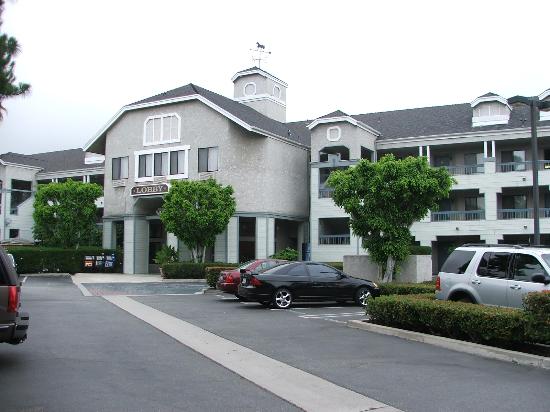As recently as the mid-1990s, the General Motors Corporation was by most accounting measures the largest business entity in the world. Whether calculated by revenue, market capitalization, or profit, GM was the Wal-Mart, the Google, the ExxonMobil of its day. Which is a day that will never be relived, now that America’s biggest manufacturer of cars has a lower book value than America’s biggest manufacturer of GPS receivers.
Long story short, GM signed suicidally generous contracts with the United Auto Workers, quickly reducing itself from corporate behemoth to national supplicant and fiduciary black hole. GM lists its shareholders’ deficit as an inconceivable -$37 billion, and that number was calculated when GM’s stock price was 6.8 times what it is now. 9 months later, the company officially began begging at the feet of the American taxpayers – albeit through the non-confrontational method of intermediation via our legislative betters.
But from a communications perspective, GM’s most egregious move was this patronizing, condescending, ostensibly heartfelt press release. The release is supposed to mollify a nation of suckers who voted into office representatives malleable enough to “loan” the company “$18 billion” which will be “paid back” “starting in 2011”.
Fortunately, you don’t have to read far to see the annoyances in this shameful excuse for corporate communication. GM shows how out-of-touch it is with the following gem from early in the second paragraph:
For a century, we have been serving your personal mobility needs.
A recurring theme throughout this blog – more of an obsession, really – will be the increasingly common bugbear of morons with access to keyboards using “needs” as a noun. GM employs 266,000 people, apparently none of them in its Clarity & Sense department. The company’s idea of personalizing a press release is to throw indiscriminate second-person pronouns in it, rather than to use actual quotidian English when writing to millions of (hopefully) skeptical readers.
Only a blabbering automaton would write with a straight face that GM “serve(s) your personal mobility needs”. GM makes cars and trucks. It also makes confusing declarative statements, outlining that personal mobility needs exist, and that GM serves them. (Which implies that GM provides services, as distinguished from goods. Leaping from certainty to conjecture, perhaps GM finds it politically convenient to admit to producing relatively intangible and benign “services”, rather than manufacturing uncouth “goods” whose creation requires human sweat, exploitative toil, and ultimately the extraction of raw materials from Mother Gaia.)
No one reading this has ever lamented, or will lament, his unserved “personal mobility needs”. Instead, you might indeed have required something dependable to drive. But that doesn’t seem to be a sufficiently obscure thought for a decrepit near-corpse like GM to acknowledge.




